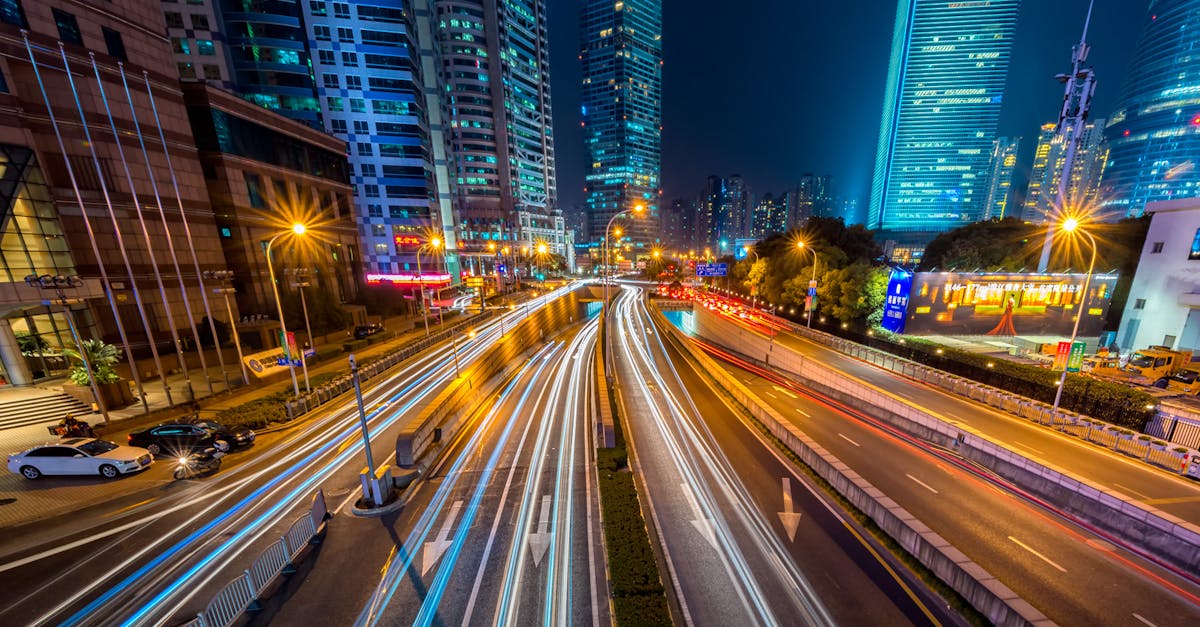Smart City Solutions for a Better Tomorrow
As cities continue to grow and evolve, urban living has become increasingly complex. The challenge of managing infrastructure, transportation, energy, waste management, and public safety in a sustainable manner has led many cities to adopt innovative technologies and strategies. This shift towards smart city initiatives is transforming the way we live, work, and interact with our urban environments.
Enhanced Public Safety
One of the primary benefits of smart cities is enhanced public safety. Advanced surveillance systems, crime analysis software, and data-driven policing techniques enable authorities to respond quickly and effectively to emergencies, reducing crime rates and improving overall safety for citizens. Additionally, smart lighting systems can be adjusted in real-time to optimize energy efficiency and enhance pedestrian visibility.
Efficient Energy Management
Smart cities are also becoming more efficient when it comes to energy management. Advanced building management systems (BMS) monitor energy usage in real-time, allowing cities to identify areas of inefficiency and implement targeted solutions. This not only reduces energy consumption but also minimizes greenhouse gas emissions, contributing to a cleaner and healthier environment.
Sustainable Transportation
Smart cities are revolutionizing transportation by incorporating intelligent traffic management systems, electric vehicle charging infrastructure, and advanced public transit systems. These initiatives aim to reduce congestion, decrease air pollution, and promote the adoption of eco-friendly transportation options. Autonomous vehicles are also being integrated into smart city infrastructure, enabling faster, safer, and more efficient travel.
Waste Management Optimization
Smart cities are adopting innovative waste management solutions that optimize collection routes, reduce energy consumption, and increase recycling rates. Advanced sensors and data analytics enable cities to track waste levels in real-time, allowing for targeted interventions and improving overall sanitation services.
Improve Quality of Life
The integration of smart city technologies also improves the quality of life for citizens. Public Wi-Fi networks and digital signage enhance community engagement and access to information, while smart meters and energy-efficient appliances reduce household energy costs. Furthermore, cities are using data analytics to optimize service delivery, such as predicting maintenance needs and identifying areas of high demand.
Challenges and Opportunities
While smart city initiatives have made significant strides in improving urban living, there are still challenges to overcome, including data security, privacy concerns, and ensuring equitable access to these technologies for all citizens. However, the benefits of smart cities far outweigh the drawbacks, offering a promising path forward for sustainable and resilient urban development.
Conclusion
Smart cities are transforming the way we live, work, and interact with our urban environments. By integrating innovative technologies and strategies, cities can enhance public safety, optimize energy management, promote sustainable transportation, improve waste management, and ultimately, enhance the quality of life for their citizens. As these initiatives continue to evolve and expand, they offer a beacon of hope for creating more livable, sustainable, and resilient urban communities.
